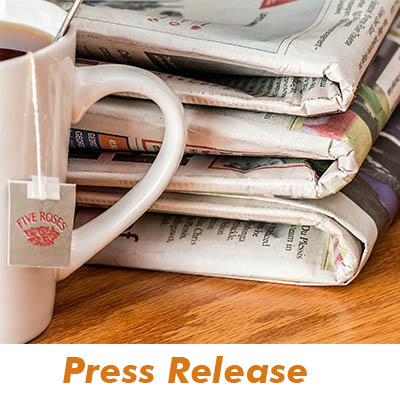COMMEMORATING WORLD HUMANITARIAN DAY 2021
COMMEMORATING WORLD HUMANITARIAN DAY 2021
-
19 Aug 2021
- Posted by: wcozadmin2

19 AUGUST 2021
PRESS STATEMENT
COMMEMORATING WORLD HUMANITARIAN DAY 2021
#TheHumanRace
A global challenge for climate action in solidarity with the people who need it most
Women’s Coalition of Zimbabwe (WCoZ), a non-partisan national network of women’s rights organisations and activists striving for the rights of women and girls, commemorates World Humanitarian Day which is commemorated every year on 19 August to pay tribute to humanitarian workers killed and injured in the course of their work, and to honour all aid and health workers who continue, despite all odds, to provide life-saving support and protection to people most in need.
2021 has been a year like no other due to the fact that amid ongoing violent conflict, rising hunger and the effects of climate change, the pandemic continues to have an impact in 2021. As the health and non-health effects of COVID-19 merge with other shocks, humanitarian programming is also adjusting to treat it in a more integrated manner. In fact, according to the Global Humanitarian Overview, it is estimated that in 2021, 235 million people will need humanitarian assistance and protection. This number has risen to 1 in 33
people worldwide- a significant increase from 1 in 45 at the launch of the Global Humanitarian Overview 2020, which was already the highest figure in decades. For Zimbabwe, it is estimated that 6.8 million people are in need of assistance yet the climate emergency is wreaking havoc across the world at a scale that the humanitarian community and people at the front lines cannot manage. Millions of people across the globe are losing their homes, livelihoods and their lives and this highlights the immediate human cost of the climate crisis and shows the need for governments to take meaningful climate action for the world’s most vulnerable people.
As Zimbabwe entered 2020, climatic and economic shocks are driving rising humanitarian needs which demand an urgent response. Zimbabwe endured a devastating drought in 2018/2019, which brought searing heat and caused massive crop failure. Then, in March 2019, the east of the country was struck by Cyclone Idai, displacing thousands of people and washing away their homes, crops and livelihoods. Since October 2019, Zimbabwe has experienced late and erratic rainfall, foreboding another poor harvest in 2020 and leaving the most vulnerable people in rural areas in need of assistance. In urban areas, many people are struggling to cope and having to forego essential items to put food on the table. Those hardest hit have been forced to resort to negative coping mechanisms, with particularly dangerous consequences for women and girls who are simply striving to survive. Despite the ongoing efforts of Government and humanitarian
partners, there is a need to scale up support to people in need in the most vulnerable communities. These issues highlight the importance of honouring humanitarian workers and the need to support them in their work.
Therefore, WCoZ calls upon the Government of Zimbabwe to:
1. Provide monthly cash assistance to meet the most immediate food security needs of vulnerable people in affected areas.
2. Upgrade the current shelter infrastructure to ensure that families are able to cope with the impact of bad weather, including the rainy season. Most temporary structures in the camps are worn out as they were only meant to last for three to six months, whilst the internally displaced people (IDPs) are exposed to recurrent bad weather conditions (floods, strong winds, mudslides).
3. Operationalize a permanent relocation strategy, with a view to solutions that are durable and non- camp-based for those displaced, as well as ensuring temporary displacement sites are safely closed and decommissioned after use.
4. Promote meaningful participation among stakeholders, including members of communities, in the assessment and response to emergent humanitarian challenges.
5. Support sexual and reproductive health care needs for the most vulnerable women and girls. Reproductive and maternal health services must be bolstered through (i) procurement and distribution of emergency and referral reproductive health kits, (ii) strengthening the referral system for obstetric emergencies, including equipping ambulances, (iii) capacity building of health workers for reproductive health in humanitarian situations, (iv) strengthening STI prevention and management, including for women and girls living with HIV, (v) ensuring availability of survivor- centered services for survivors of GBV and (vi) supporting maternity waiting homes, including food
and nutrition support for admitted women
6. Ensure availability and accessibility of quality comprehensive GBV survivors’ multisectoral services such as health, psychosocial, safety and legal support, through the establishment/ strengthening of referral pathways and the dissemination of life-saving information on available services in drought- affected communities//END
